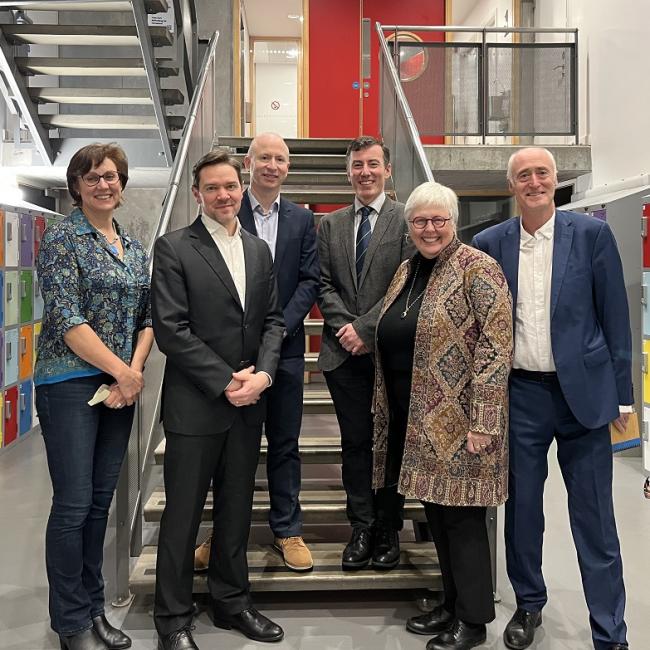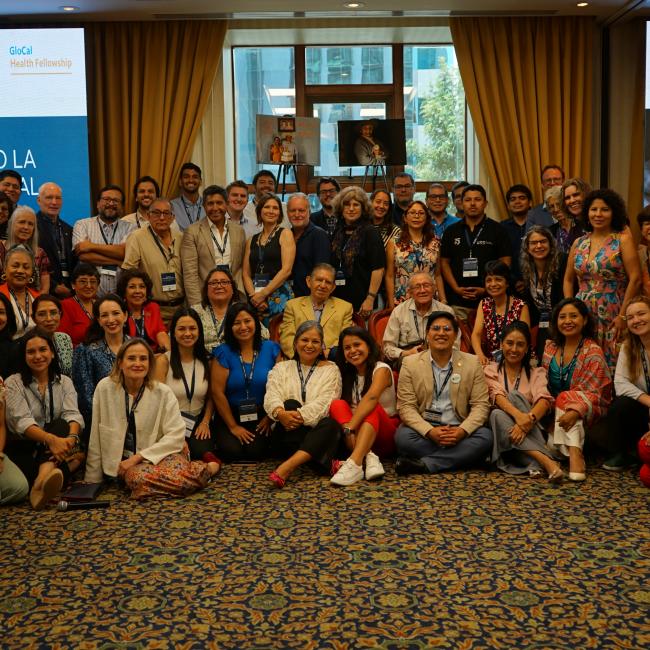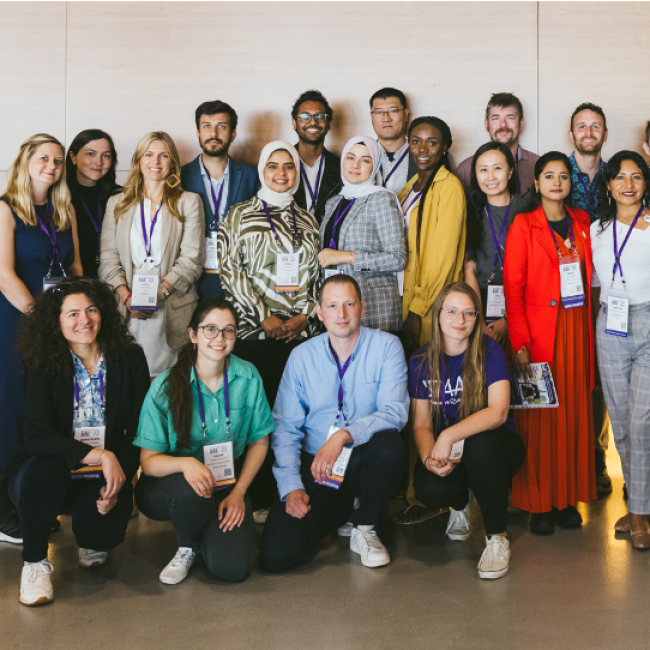Capacity Building in International Dementia Research Program Announces Awardees
Aiming to bolster dementia research in low- and middle-income countries, the Capacity Building in International Dementia Research (CBIDR) grant, a joint initiative by the Alzheimer’s Association and the Global Brain Health Institute (GBHI), celebrates its inaugural grant recipients.

The Capacity Building in International Dementia Research (CBIDR) grant, a collaborative initiative between the Alzheimer’s Association and the Global Brain Health Institute (GBHI), is thrilled to announce its inaugural grant recipients. These projects showcase innovative strategies for enhancing research capacity and promise to advance dementia research.
The CBIDR grant targets capacity building for scientific investigation in low- and middle-income countries (LMIC) where significant barriers to sustainability — including limited funding, infrastructure and personnel — persist.
One awarded project, the "Aging and Dementia Research and Training Program in Uganda," led by Francis Bajunirwe, M.D., M.S., Ph.D., of Mbarara University of Science and Technology, aims to establish an Alzheimer’s disease and related dementias research hub in rural Uganda. Through a comprehensive training program and seed funding to launch research projects, talented junior investigators will partner with global experts to expand expertise in the region.
"Investing in these talented teams will allow them to continue their innovative work in the fight against dementia."
—Shireen Javandel, Assistant Director for Operations & Impact at GBHI
The second selected project, "Building Capacity in Neuropathology in a Low- and Middle-Income Country," led by Claudia Suemoto, M.D., of the University of Sao Paulo Medical School, focuses on enhancing the ability to study brain diseases at the Biobank for Aging Studies (BAS), one of the largest brain banks in LMICs. By strengthening diagnostic and genetic analysis capacities, the BAS aims to propel dementia research, particularly within diverse populations.
"Because so much innovative and impactful dementia research is happening in LMICs, it is essential that we provide resources to maintain the momentum," said Heather M. Snyder, Ph.D., Alzheimer’s Association vice president of medical and scientific relations. "The aim of the CBIDR grants and partnership is to fill current gaps in the research infrastructure and enable researchers to build larger and more sustainable portfolios."
"GBHI is proud to be a part of this collaborative effort, aligning with our mission to build sustainable research infrastructure and capacity where needed," said Shireen Javandel, Assistant Director for Operations & Impact at GBHI. "Investing in these talented teams will allow them to continue their innovative work in the fight against dementia."
The CBIDR grants are committed to fostering collaborations and driving innovation in dementia research across the globe. By empowering researchers in LMICs, the program aims to catalyze enduring solutions to this pressing global health challenge.





